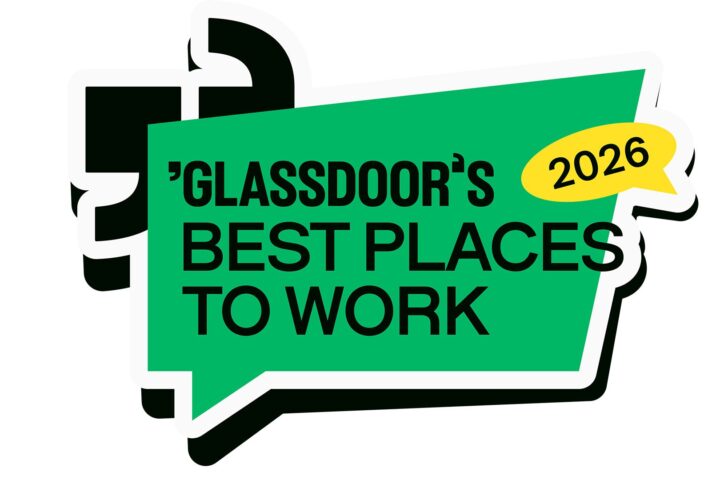Nearly half of employees said they now see their job as “just about the money”, according to research from the CIPD.
The professional body for HR and people development found that in 2024, 47% of employees viewed their job in transactional terms, compared to 38% in 2019.
The proportion of employees willing to work harder than required to help their employer also fell from 57% to 51% over the same period.
The findings came five years after the first UK lockdown on 23rd March 2020, which marked the beginning of significant changes in workplace practices.
The CIPD said the pandemic had been a difficult period, with people and businesses facing challenges such as job losses, business closures, and the impact on health and wellbeing.
However, it also led to positive developments, including greater flexibility in how, where and when people work, as well as increased adoption of technology to support collaboration.
Despite these changes, the CIPD highlighted ongoing challenges around economic inactivity, productivity and employee engagement, which have been further exacerbated by the cost-of-living crisis.
Hybrid working remained widespread, with 41% of UK organisations having formal hybrid policies, while 24% take an ad-hoc approach.
Only 9% of employers said they do not allow hybrid working at all.
Flexible working arrangements have also increased, with 60% of UK workers having some form of flexibility compared to 54% in 2019.
The CIPD urged organisations to remain open to new ways of working and to use evidence-based approaches when assessing workplace policies.
It warned against rolling back hybrid or remote working arrangements without a clear business rationale and encouraged companies to explore the best ways to integrate flexible arrangements and technology, including AI, to address ongoing workforce challenges.
Peter Cheese, chief executive of the CIPD said: “The pandemic may be over but its after-effects are not.
“Many individuals are affected on a day-to-day basis by long Covid and the pandemic’s lasting effect on mental wellbeing, and flexible working practices and wellbeing support in organisations are important.
“Expectations of our workforces have changed and many employers are still grappling with finding the ‘new norm’ in flexible and hybrid working.
“We are still learning and it’s important to keep building the evidence of work outcomes including productivity and collaboration, alongside attraction, retention, wellbeing and inclusion.”
He added: “As has become clear, many more people are economically inactive than at the start of the pandemic, and employees are increasingly more likely to view work as ‘just about the money’, which is concerning for engagement and productivity.
“The Government initiatives on ‘Get Britain Working’ and ‘Keep Britain Working’ are challenging but important programmes aimed at improving rates of employment that will also require engagement and support from business.
“We’re not yet fully set into a new norm, and since the pandemic, other significant issues have arisen including cost of living and inflationary pressures, concerns about skills shortages, and now the potential impact of AI alongside geopolitical shifts.
“These are all strategic business issues which employers and the HR profession need to engage closely on to help future growth and employment opportunities. Workforce thinking and planning must be at the heart of their approach.”
Cheese continued: “There will be no one-size-fits-all solution to these challenges.
“Employers should continue to embrace the curiosity and openness to new approaches they showed at the height of the Covid crisis to address emerging issues as the world of work continues to shift.”

















